Media coverage and the War of 1971
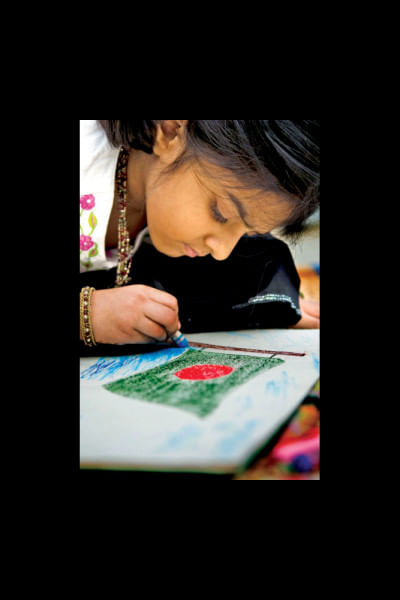
The state of media in the '70s needs to be analysed to examine the importance of non-partisan reporting of news across the globe and its benefits for conflict resolution. Censorship exists in many forms, and censorship within the media is an issue that has spawned thousands of debates, especially in recent times.
Some say that media should be regulated to protect people from the backlash of their opinions, to protect children from explicit content and to remove social stigmas and negative influences. Conversely, it is also a widely held belief that once media is censored, it becomes a form of propaganda due to the government's bias, whether it is left or right-wing.
In her blog, Hana Shams Ahmed wrote that the birth of Bangladesh in 1971 'happened amidst widespread media blackout' due to the Pakistan Government's control of the national media.
When the military government was overthrown in Bangladesh, democracy was restored, thus giving the media the freedom to operate. While print media targets more urban areas, Bangladesh is a mostly rural country, and despite a modest circulation, the media plays a significant role and can have a strong impact on political outcomes.
In terms of broadcast media, telecommunications technology was not particularly developed and despite medium and short wave transmitters being installed, most radio facilities were destroyed during the Liberation War.
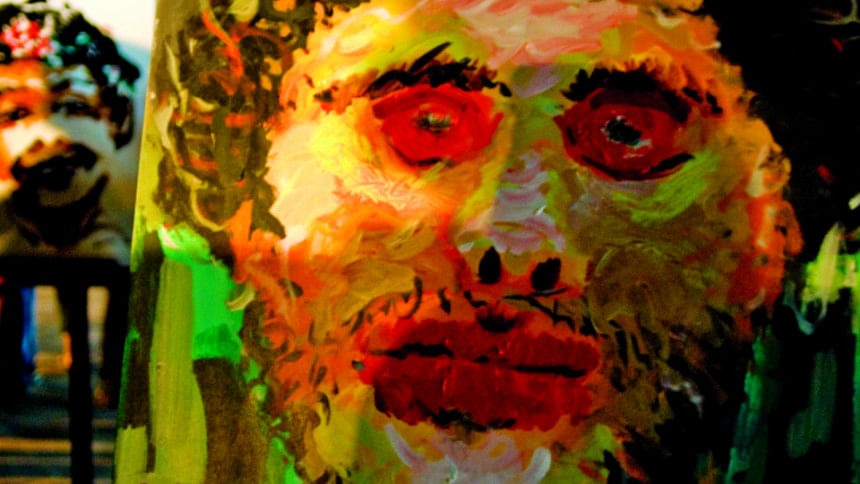
Television was a relatively new introduction too, having begun in 1964, and by 1970, most of the weekly telecasts being broadcast were in Bengali. Print media was already under intense scrutiny via government control from the early 60s, due to a law enforced by Ayub Khan's military government, called the Press and Publications Ordinance.
In spite of this, alongside radio, newspapers played an important role during the Liberation War by ignoring press censorships and printing appropriate information. Following the war, print media underwent major changes and a total of 300 newspapers and periodicals appeared in 1972. Due to the limited reach of print media, it was radio that played a vital role during the Liberation War in Bangladesh, as it was the only form of media that reached the most remote areas of the country.
Swadhin Bangla Betar Kendra was a radio station set up by Bangladesh's government that, by broadcasting the Declaration of Independence, patriotic wartime songs and propaganda campaigns, raised the morale of the population, thus serving as a crucial role in Bangladesh's struggle for independence.
Rafiqul Alam, a freedom fighter and music composer at the radio station, said that "the broadcast of this radio station eventually became inseparable from the ongoing war and was important to the freedom fighters. It made the world understand our urge for freedom." Similarly, Apel Mahmood, a renowned singer, claimed that "the station was no less strong in fighting than any guns."
It is through these conversations that the pivotal role that media can play during conflict becomes apparent. The way in which the mass media represents the conflict has now become a crucial part of the conflict itself.
Over the course of the conflict, military coups, religious factionalism and dictatorial rule, including the intimidation, jailing and murder of journalists, and the closure of most of Bangladesh's state-controlled newspapers, have had a lasting effect on the development of the country's media.
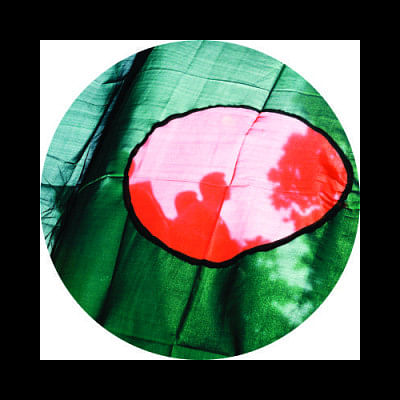
The media was used as a powerful tool both for and against Bangladesh's cause. "The period around the birth of Bangladesh witnessed many newspapers and magazines," wrote Jamil Khan in his blog on media and journalism.
The newspaper industry suffered a tremendous blow during the Liberation War, as the Pakistani army burnt down the offices and presses of three of Bangladesh's leading daily newspapers: Dainik Ittefaq, the People, and Sangbad, all three of which were published from Dhaka. Nonetheless, the media industry overall grew and provided the support that Bangladesh's nationalist movement needed in order to overthrow the Pakistani occupation.
Despite the militant censorship exercised over the press by the Pakistani government, once news about the atrocities during the Liberation War broke out, it spread like wildfire across the world. The support of the international community is undoubtedly one of the factors that encouraged Bangladesh's endeavours in gaining independence, and it would not have been possible without the role that the media played.
The Pakistani army invited Pakistani reporters to the region where they had battled local troops, in order to publicise their victories against mutinous troops. Out of eight journalists, only one refused to comply with direct orders – Anthony Mascarenhas.
Mascarenhas was a Pakistani journalist who is arguably most famous for his exposé on the brutality carried out by Pakistan's military during the Liberation War, which according to some is one of the most credible reports on the genocide that took place in Bangladesh.
Simply titled 'Genocide', it was printed in the UK in the Sunday Times, and gave UK readers an insight into what was happening in Bangladesh for the first time. In order to escape the oppression imposed by the Pakistani government especially with regards to press censorship, Mascarenhas fled to London to meet with the then editor of the Sunday Times, Harold Evans.
The publishing of Mascarenhas' report played a crucial role in turning the world's opinion against Pakistan. Because Mascarenhas was a Pakistani national, he was trusted by Pakistani officers and it allowed him to attain a first-hand look at the atrocities being carried out against the Bangladeshi civilian population.
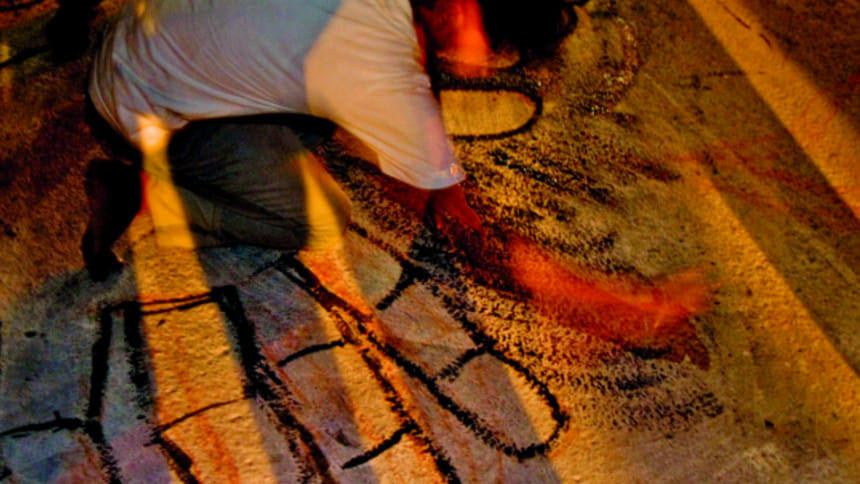
Mascarenhas' harrowing account of the Liberation War may have cemented his place in the annals of reporting as one of the most influential pieces of journalism in recent history, but it also garnered widespread criticism from Pakistan, who saw it as a betrayal and blamed the atrocities revealed in the paper on Indian propaganda.
The Concert for Bangladesh was another major turning point in the development of Western awareness for Bangladesh's plight. It was organised by George Harrison and Ravi Shankar in New York in August of 1971, and raised global awareness as well as funds for Bangladeshi refugees.
In his book While My Guitar Gently Weeps: the Music of George Harrison, Simon Leng explained the effect the concert had on people during a time when international news was not as readily available as it is today.
By the time George Harrison had finished, Bangladesh was a part of everyday vocabulary. The crisis in Bangladesh was brought to the forefront of the public's attention, and while New York may have seemed like a contradictory location that was in stark contrast to the war and famine-ravaged Bangladesh, it was indeed an ideal location for a concert of this magnitude, attracting performers such as Ringo Starr, Bob Dylan and Eric Clapton as well as directing public attention towards Bangladesh's plight.
The genocide that took place in Bangladesh during the Liberation War has very few parallels in history. Reporting deaths on such a large scale often poses serious moral dilemmas to the press. Editors face the decision of whether or not they should run a story or an image in case it is too graphic for the readers. The slightest bit of bias in a news story could compromise the integrity of the publication, as well as misleading readers and spreading misinformation. This further reinforces the importance of non-partisan reporting of conflicts around the world.
Today the face of conflict reporting has changed, with the growth of digital journalism, social media and citizen journalists, and the way conflicts are reported on is more important than ever, and will play a bigger part than before in finding resolution. It is a powerful tool that, as we have seen, can be dangerous when in the wrong hands, but when used appropriately, can bring us one step closer to world peace.
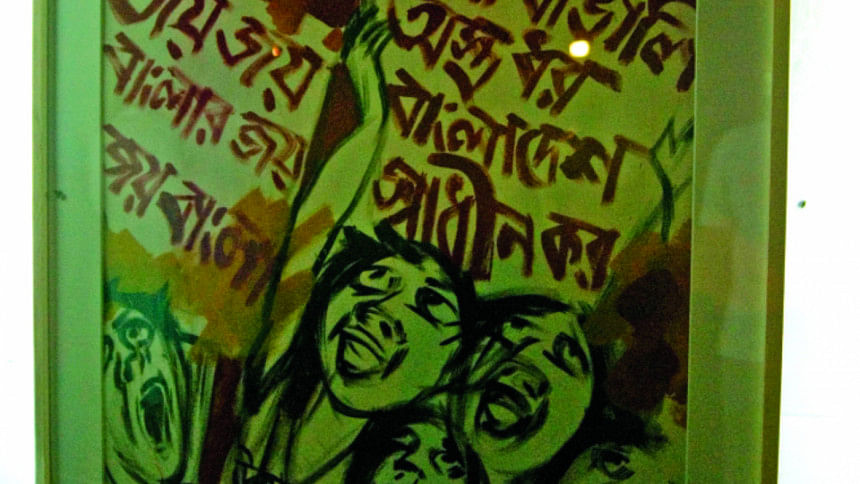
Photo: LS Archive/Sazzad Ibne Sayed

 For all latest news, follow The Daily Star's Google News channel.
For all latest news, follow The Daily Star's Google News channel. 



Comments